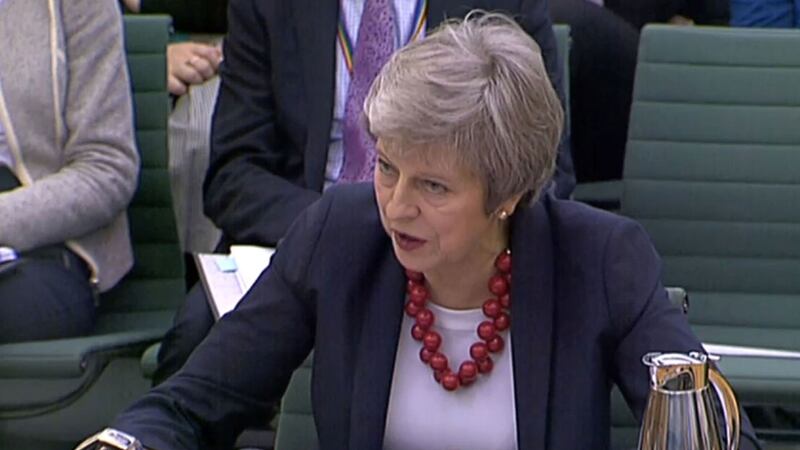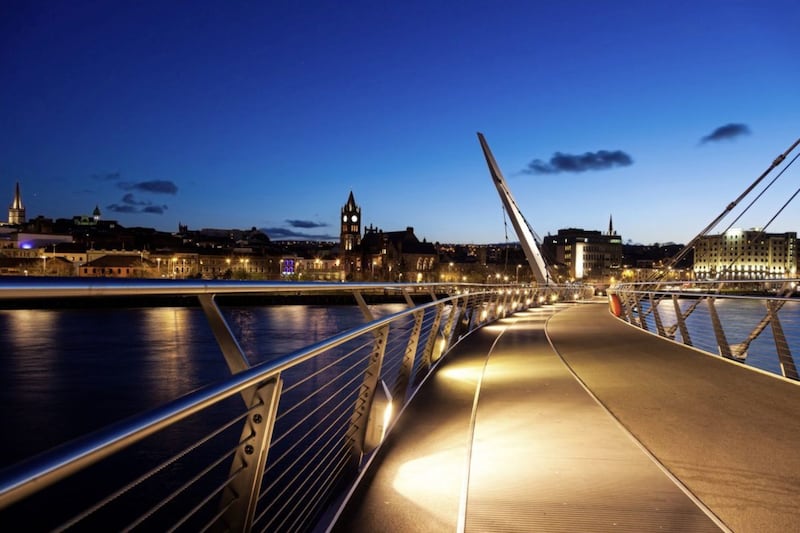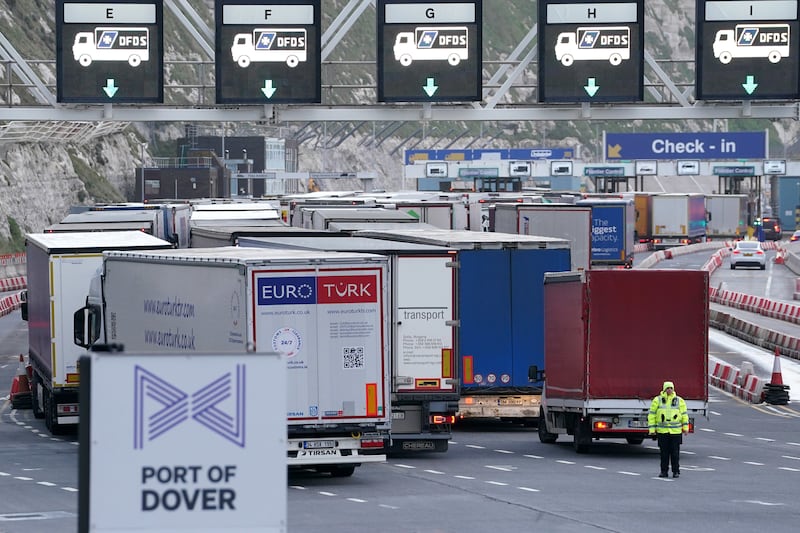Theresa May has pushed back against calls for a second Brexit referendum, warning it would mean unpicking the deal agreed with Brussels.
Appearing before senior MPs, the British prime minister refused to be drawn on what would happen if the Commons votes down the Withdrawal Agreement in the crunch vote on December 11.
However, she insisted a so-called "people's vote" was not an option as it could not be held before March 29 2019 when Britain leaves the EU.
Her warning came as the BBC confirmed that Mrs May had agreed to take part in a televised Brexit debate on Sunday December 9 - two days before the Commons vote.
The prime minister told the Commons Liaison Committee that seeking an extension to the Article 50 withdrawal process - to enable a referendum to be held - would mean the agreement would fall and they would have to go back to the negotiating table.
"Any second referendum that would be held, if that were the case, would not be able to be held by March 29 next year. You would have to extend Article 50," she said.
"To extend Article 50, actually you are then in the business of renegotiating the deal.
"What is clear is that any extension to Article 50 - anything like that - reopens the negotiations, reopens the deal. At that point, frankly, the deal can go in any direction.
"We would simply find ourselves in a period of more uncertainty, more division in this country."
Her warning came amid intense speculation that the British government is heading for defeat in the vote on December 11, with scores of Tory MPs declaring publicly that they intend to oppose the deal.
With Labour and the other opposition parties also opposed to the agreement, shadow chancellor John McDonnell has suggested a second referendum could be "inevitable" unless Mrs May goes back to the country in a general election.
The prime minister acknowledged that there was a series of "practical steps" which would have to follow if the government lost the vote but refused to be drawn further.
"My focus is on the vote that will take place on December 11 here in this House," she said.
"You want to look at all sorts of options and ideas. I think it is important Members of Parliament focus on the nature of this vote.
"This is an important point in our history. It is a vote on which we will be deciding whether we deliver on the decision of the British people.
"What has been made clear from the European Union is that this is the deal that has been negotiated and this is the deal that people need to focus on when they are looking at the vote."
In Brussels, the EU's chief negotiator, Michel Barnier, said the time for negotiations was over and that the British Parliament needed to decide whether to ratify the agreement.
"Given the difficult circumstances of this negotiation, and given the extreme complexity of all the subjects related to the UK's withdrawal, the deal that is on the table ... this deal is the only and the best deal possible," he said in an address to the European Parliament.
Earlier, the Bank of England Governor Mark Carney stepped up his warnings of the economic impact of a no-deal Brexit.
He told BBC Radio 4's Today programme: "We know from our contacts with business, others know from their contacts, that less than half of the businesses in the country have initiated their contingency plans for a no-deal Brexit.
"All the industries, all the infrastructure of the country, are they all ready at this point in time? As far as we can tell, the answer is no."
He hit back at accusations of scaremongering after the Bank warned yesterday that, in a worst case scenario, a no-deal break could result in an 8% cut in GDP, unemployment surging by as much as 7.5% and house prices falling by almost a third.
He said: "We have a responsibility to have systems ready for whatever happens."







